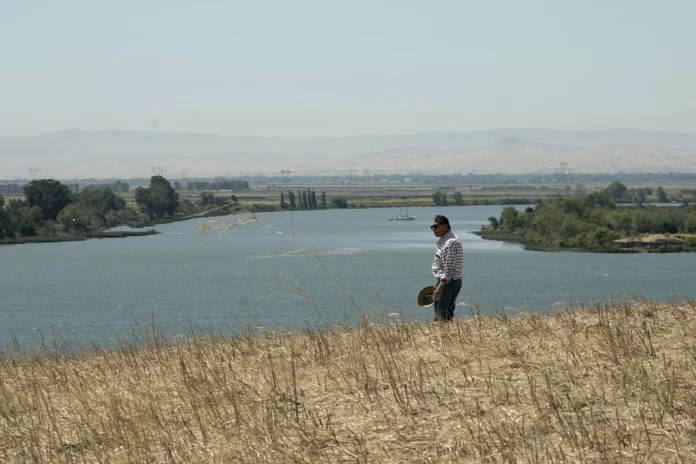The Earth is a precious and delicate planet, providing us with everything we need to survive and thrive. However, in recent years, it has been facing a major crisis – the loss of freshwater. A new study has revealed that over the past two decades, our planet has endured massive freshwater losses due to the combined effects of climate change, overconsumption, and drought. This alarming discovery highlights the urgent need for action to protect our most valuable resource.
The study, published in Science Advances, found that arid land areas are expanding at a rate roughly twice the size of California each year. This means that dry spots are now covering a significant portion of our planet, leading to a severe shortage of freshwater. This is a cause for concern as freshwater is essential for all living beings, including humans, animals, and plants.
One of the main contributors to this crisis is climate change. As the Earth’s temperature rises, it causes changes in weather patterns, leading to more frequent and severe droughts. This, in turn, results in a decrease in the amount of freshwater available. The study also found that overconsumption of water resources is exacerbating the problem. With the world’s population continuously growing, the demand for freshwater is increasing, putting a strain on already limited resources.
The consequences of this freshwater loss are far-reaching and devastating. It not only affects the availability of drinking water but also impacts agriculture, energy production, and the environment. As freshwater sources dry up, it becomes challenging to grow crops, leading to food shortages and higher prices. It also affects the production of hydropower, which is a significant source of renewable energy. Furthermore, the loss of freshwater can have a severe impact on the delicate balance of ecosystems, leading to the extinction of species and disruption of the food chain.
The study’s findings serve as a wake-up call for all of us to take immediate action to address this crisis. We must work together to combat climate change and reduce our carbon footprint. This can be achieved by using renewable energy sources, reducing our use of fossil fuels, and adopting sustainable practices in our daily lives. Governments and industries must also take responsibility and implement policies and regulations to reduce water consumption and promote conservation.
Individual actions can also make a significant difference. Simple steps like fixing leaky faucets, taking shorter showers, and using water-efficient appliances can help conserve water. We must also be mindful of our consumption habits and avoid wasting water whenever possible. Every drop counts, and by making small changes in our daily lives, we can collectively make a big impact.
Moreover, we must invest in technologies that can help us better manage and conserve our freshwater resources. This includes developing more efficient irrigation systems for agriculture, implementing water recycling and desalination methods, and investing in water storage facilities. These measures can help us cope with the effects of climate change and ensure a steady supply of freshwater for future generations.
It is also crucial to raise awareness about the importance of freshwater and the need to protect it. Education and outreach programs can help people understand the severity of the crisis and motivate them to take action. We must also work towards creating a global mindset of valuing and conserving our freshwater resources.
In conclusion, the study’s findings are a stark reminder that we must act now to protect our planet’s freshwater. The combined effects of climate change, overconsumption, and drought have led to a significant loss of this precious resource. It is our responsibility to take immediate action to address this crisis and ensure a sustainable future for all. Let us work together to protect our planet’s most valuable resource and secure a better tomorrow for generations to come.

